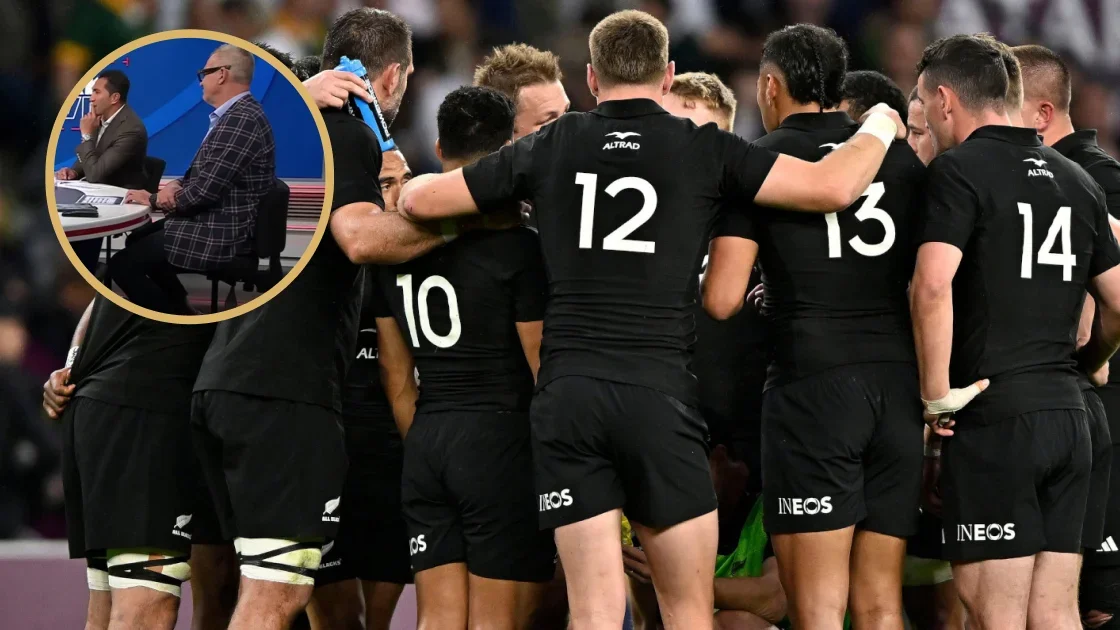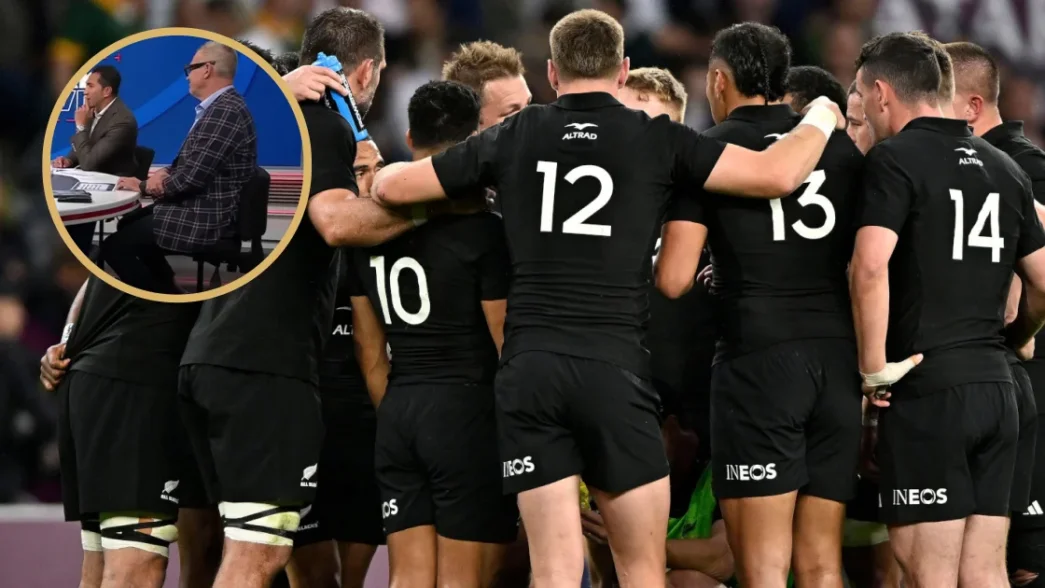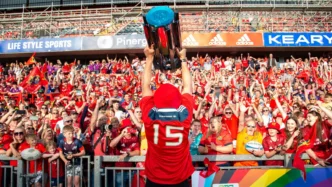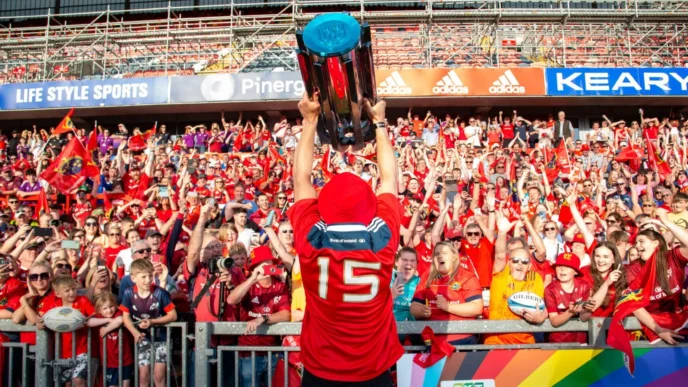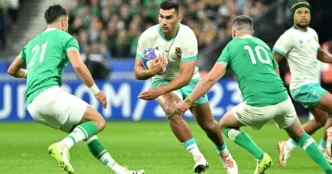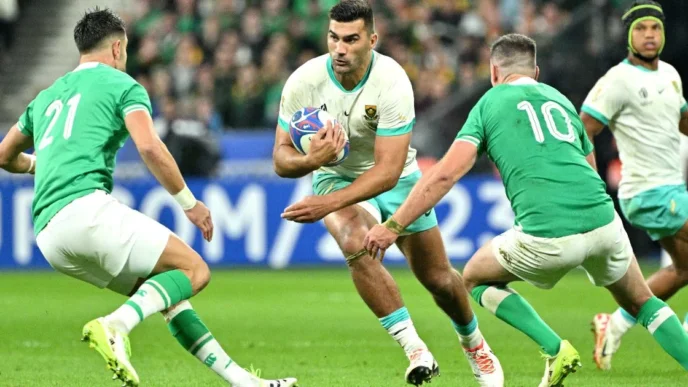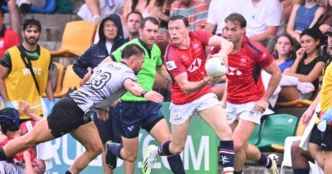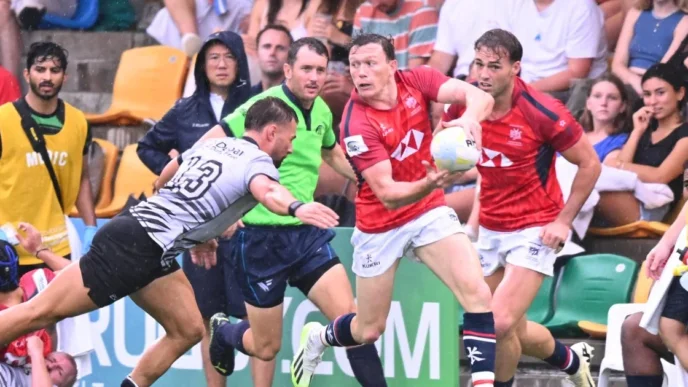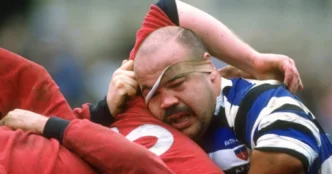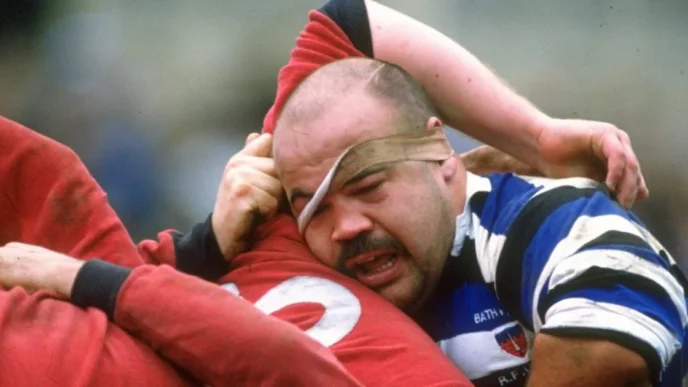New Zealand Rugby Faces Turmoil as Controversial Governance Vote Divides Unions
In a pivotal move that has sent shockwaves through the rugby community, New Zealand Rugby (NZR) members recently gathered for a special general meeting to decide on two critical proposals. The decisions made at this meeting have left several All Blacks legends deeply concerned about the potential consequences.
The first proposal, backed by both the players and NZR, aimed to implement the recommendations of an independent review led by chair David Pilkington. The Pilkington report had concluded that the governing body was ‘not fit for purpose‘ and suggested a number of changes to the organization. However, this proposal was ultimately rejected by a majority of the provincial unions.
Instead, they voted in favor of Proposal 2, a counter-offer made by several unions. This decision has sparked a potential civil war, with the New Zealand Rugby Players Association (NZRPA) threatening to break away from NZR if Proposal 2 was approved.
“A very, very big risk” that could lead to a “massive split in the game, between professional and amateur.”
- Jeff Wilson, ex-All Black
Prominent All Blacks figures, including Sir John Kirwan, have expressed their frustration with the outcome. Kirwan noted that a host of legendary players, such as Richie McCaw, Ian Kirkpatrick, and Steve Hansen, had publicly advocated for Proposal 1, believing it to be the best option for the game’s future in New Zealand. However, their recommendations were ultimately disregarded.
Fellow ex-All Black Jeff Wilson believes the majority of provincial unions lack confidence in the ability of those at the top to have the best interests of the game at heart. He warned that the decision to vote for Proposal 2 is a “very, very big risk” that could lead to a “massive split in the game, between professional and amateur.”
Mils Muliaina, an All Blacks centurion, even suggested that Proposal 1 would have been better for the grassroots game, as it aimed to enhance the amateur level of the sport. The current situation has left the relationship between the various stakeholders “absolutely broken,” as Kirwan aptly described.
The fallout from this controversial vote has raised questions about the governance review process itself, with Kirwan questioning whether the significant investment in the Pilkington report was ultimately a waste of money, given that the unions were never going to embrace widespread change.
As the rugby community in New Zealand grapples with this divisive decision, the future of the sport hangs in the balance, with the potential for a damaging “civil war” looming large.
🔗 Source
